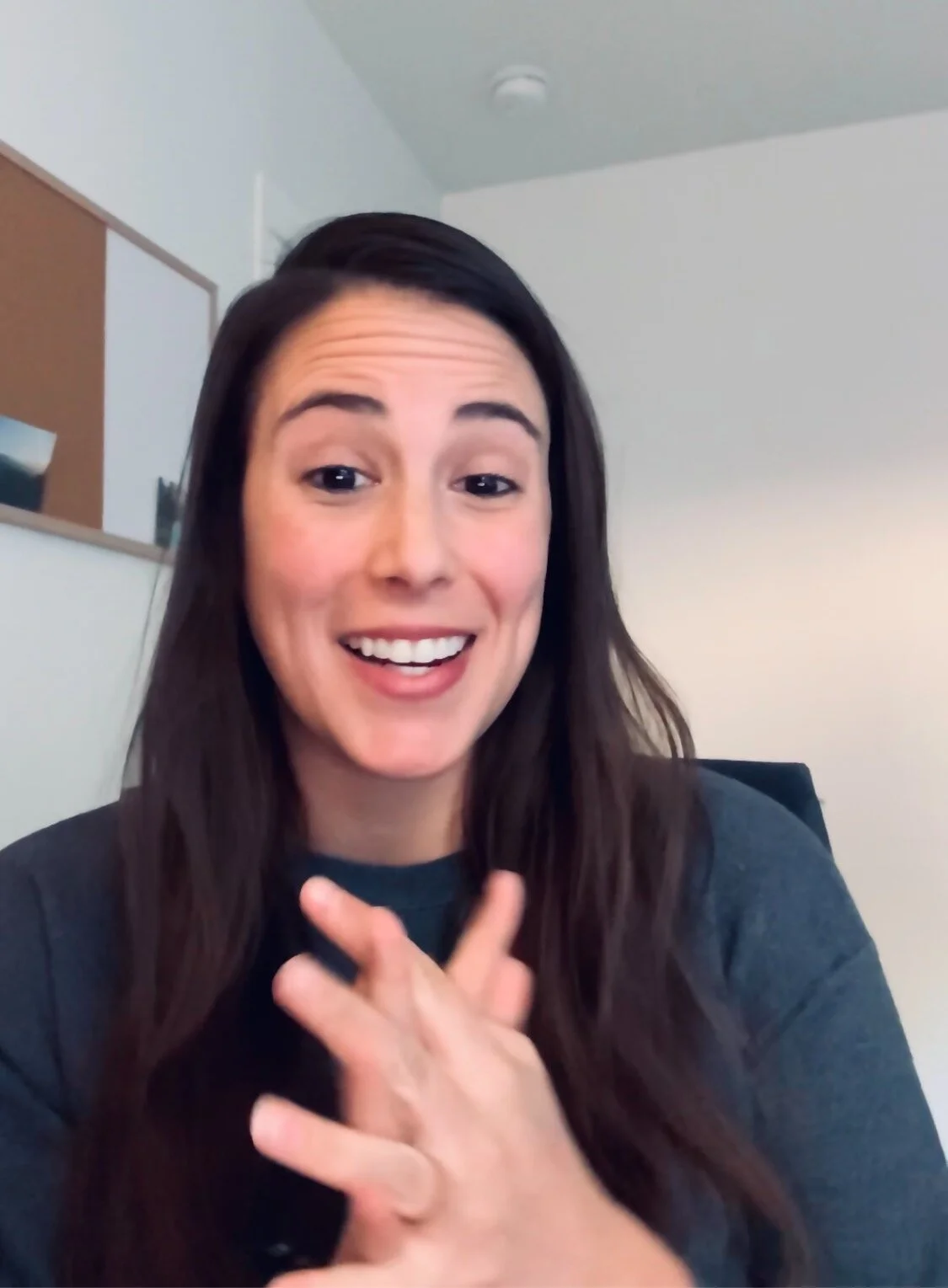Writing a New Story
I’ve been thinking a lot about the conversation I had with Bianca Mabute-Louie on my podcast (published March 2). One of the things I love that she mentions early…that I’ve been clinging on to… is the idea that we must let things be imperfect.
This reminds me of something Dr. Willie Jennings talks about in his book After Whiteness, namely, three characteristics of white supremacy. According to Dr. Jennings these are: mastery, possession, and control.
These three things play out in how white supremacy deals with others and with God, among other things. For example, white supremacy has taught us that in our attempts to know God, we must master (hello, Master of Divinity) God. We must master theology in the way that one person has often been the master of another. Second, white supremacy has taught us that we can possess God (and people)—that we can be the ones to own the knowledge and essentially, the land. Lastly, this ties into control. White supremacy has controlled who's in charge, and who or what gets to call the shots.
But the more that I learn about God or about Scripture or about theology in general the more I realize the phrase, “I don’t know” is indeed a sacred declaration; it’s a way to name my humanness and my imperfections and the fact that I’ll never fully know (or master or possess).
I talk a lot about “decolonizing” and I think leaning into imperfection and into uncertainty is part of this process.
Most importantly, Bianca and I spoke about anti-Asian racism. While I don’t feel fully equipped to say all the things about this topic because i’m not Asian American and I want to respect the unique struggles that our Asian American siblings are facing (while recognizing my place within all of it), I do want to highlight the brilliant things that Bianca and other Asian American thinkers have said:
First of all, I want to focus on grief.
In a conversation with Kathy Khang, Jazzy Johnson on the Chasing Justice podcast, Chinese American thinker and theologian Barnabas Lin expressed that for many folks in Asian American communities, they feel like they’re being policed in how they express their anger and grief causing many of them to modulate down. Barnabas explains that there might be good cultural reasons to modulate this grief, but there are also racialized realities that speak to the reality of assimilation and how Asian Americans are “supposed” to be or how they're “supposed” to act. (check out the convo here: https://podcasts.apple.com/us/podcast/anti-asian-racism-and-collective-liberation-part-1/id1511600139?i=1000509580299)
Bianca also talks about this; but she mentions that there’s space for all of our grief—particularly the grief of our Asian American siblings who have had to deal with the trauma of racism and losing so many of their elders to hate crimes.
For those of us who are not Asian American, part of our job is to allow the space needed to let their grief be what it is.
To this end, Bianca also talks about how we oftentimes fall into this sort of "oppression olympics." She made such a powerful point: that we often gaslight ourselves into thinking that our experiences aren’t as important as other peoples, but she reminds us that there’s room for all of our grief. We don’t do anyone a service by just swallowing our pain.
"When we start to bring our pain to light is when we start to get free," she says.
I love these reminders—that grief isn’t a competition, but a sacred space we can and should hold for each other.
This makes me think of Romans 12. In it Paul says, “9 Love must be sincere. Hate what is evil; cling to what is good. 10 Be devoted to one another in love. Honor one another above yourselves. 11 Never be lacking in zeal, but keep your spiritual fervor, serving the Lord. 12 Be joyful in hope, patient in affliction, faithful in prayer. 13 Share with the Lord’s people who are in need. Practice hospitality."
He then goes on to say. "15 Rejoice with those who rejoice; mourn with those who mourn. 16 Live in harmony with one another.”
The Bible clearly tells us to stand in solidarity with those who grieve.
And I believe this involves listening to understand. It doesn’t mean “mourn if you agree” and it certainly doesn’t involve policing the ways mourning or grief are expressed.
“Mourn with those who mourn” doesn’t come with qualifiers.
I thought about this so much this past summer during the Black Lives Matter protests and opinions thereof. And I think about it now in regard to anti-Asian racism.
Lastly, Bianca shares about her own personal journey with restorative justice and abolition after she was the victim of a violent robbery. She shares about how she is committed to centering her and her communities collective grief while also divesting from policing and the prison industrial complex. “We can do both,” she says. Together, we must look for new ways that sustain more holistic change.
This makes me think of how important our imagination is, how necessary it is for us to envision a new world order and then live into that imagination. It won’t always be perfect and we don’t have all of the answers but we can begin to imagine and envision and seek new ways of living and being and engaging in the world that don’t perpetuate colonial and violent realities.
And so I continue to echo Bianca that we must rewrite a new story.
And I believe, this is something we can do together.







